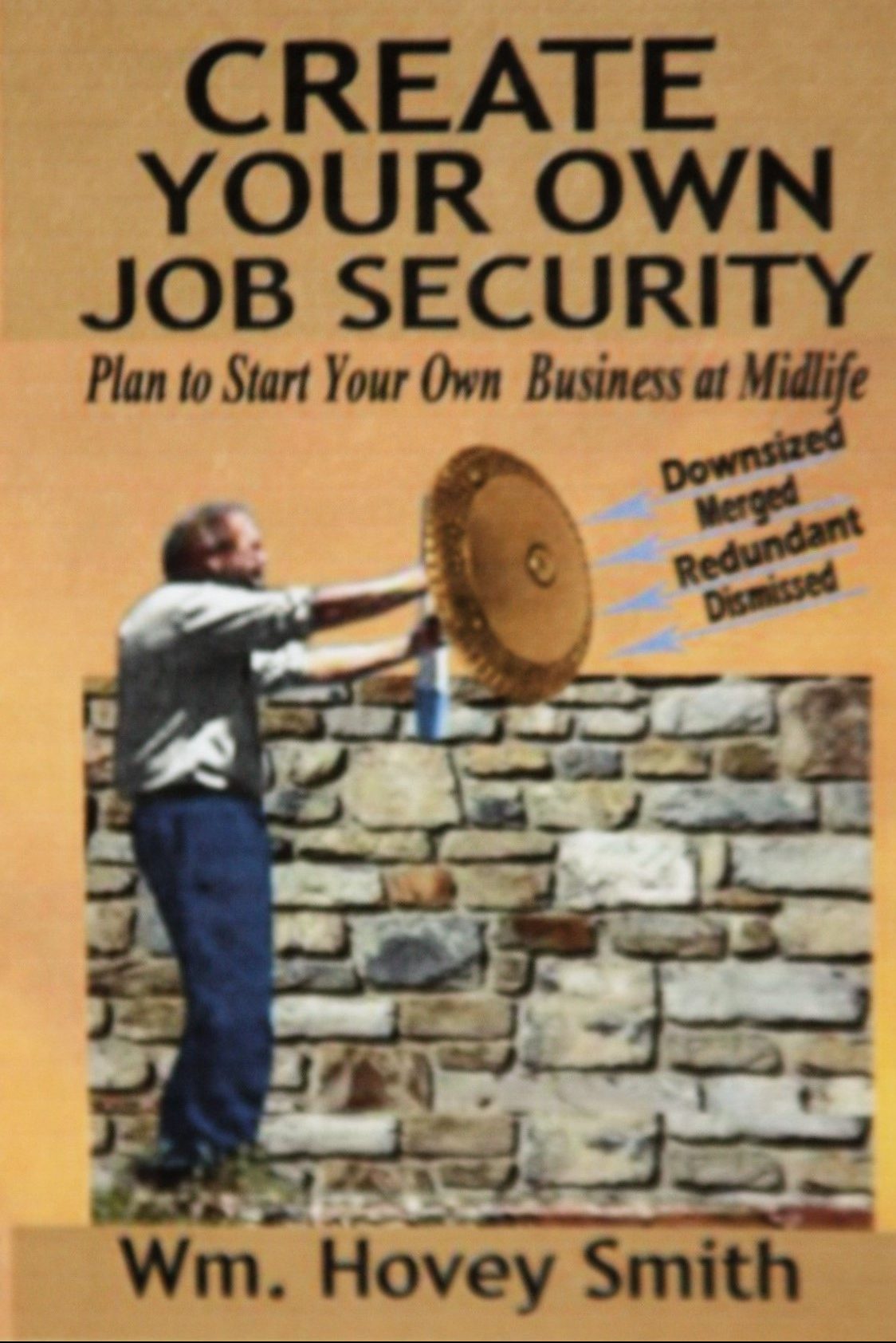
Variations on this headline are the most common Google search item by would-be authors. To those of us who have been in the game for decades and seen the sales of our books steadily decline, this is a disappointing reveal. The rise of screen devices has made us increasingly a nation of non-book-readers. Yet many in this same population who will go to extreme lengths to avoid reading a book, or will at best skim it, want to write a book.
The straightforward answer to this question is, “Yes you can.” A book is mechanically a collection of words on paper, and if you work at it, you can put 40-50,000 words on paper, self-publish it and have a book. The next question is, “Will it be worth reading?” followed by, “Can I sell more than a half-dozen of them?” However, before getting to these questions the decision has to be made on what the book will be about.
Fiction
Most fiction is based on some elements of truth and will often will incorporate experiences from your own life. If it is a straightforward rendition of your life experiences this becomes an autobiography and should not contain fictional elements or characters. Should you want to mentally rework your life experiences by using made-up characters that represent the person or people you wish you were who had the experiences that you wish you had, this becomes a fictional novel, detective story or fantasy. If you also have the ability to draw, these might become children’s stories. Decide what you want to write, buy some books that represent your selected type of material, study them to see how they are organized and do something similar.
Whatever path you start out on, finish it. Do not write a chapter of this, a chapter of that and then hope to put it together into something meaningful somehow. This is not likely to happen. Do an outline of your fictional work, plan for a climax in the next to the last chapter and plot out the problems that your characters will have along the way as they journey through the novel. Your first efforts are likely to be terrible. When the book manuscript is finished put it aside for a month, read it critically, and see how you can improve it to make it more exciting by giving your characters some real and consistent traits to make them believable. You learn to live in your characters and understand them and their motivations. Put it aside a month and read it again. If satisfied you can submit it to publishers and wait for the rejection notices to arrive. However good your mom or aunt thinks it is, in the publishers’ world everyone has a book, and very few indeed are worth reading.
There are many companies who offer assistance to would-be authors who will, for a fee, edit, design and publish your book. Think about $10,000 here for the full-blown treatment. They will put it on Amazon and you may wait breathlessly as two or three sales come in a month. You must aggressively publicize your new book child in order to give it a ghost of a chance of succeeding. More than 80 percent of the books on Amazon sell fewer than 100 copies. Book marketing is more significant in having a successful book than book writing. There are many well written and well published books that go nowhere.
Nonfiction
As a non-book reader and would-be writer, your nonfiction title should be something that you are so passionate about that you feel that the world needs to learn about it. This can be, and commonly is, personal experience as you go through a near-death experience through some traumatic event or disease. Perhaps it is a partial solution to a real-world problem like dealing with drug-addicted teens or escaping from a desperate condition in Africa or the Middle East and what was experienced and what was learned from these horrific events.
Maybe your non-fiction book teaches a skill or trade. Perhaps it captures some unique family recipes. It could even record some little known historic events that took place in your community. All of these are aspects of non-fiction writing. If you already have a user base developed from performing on stage, in film, or have had successful records, or through making specialized products your book can sell to this audience. Commonly writers of newspaper columns will collect their best and market these in a book, although this market is getting slimmer every day.
Is there some aspect of life that you know very well that you can impart to others that will improve their lives? If so, write about it. If your projected market is small, consider e-book publication as a way to get your information to the public without the costs of doing a softcover or hardcover book.
Publishing houses have become very selective about the topics that they publish. Some have a particular presentation of the material in the way they format their books, such as the Books for Dummies series. If you pitch to them, you must write according to their exact requirements. As discussed above, pick your topic, gather your resources, outline the book and write it.
How To Write a Book
Putting words on paper was the traditional way and some authors still like the feel of scratching on a paper with a pen or pounding on a typewriter. Having produced manuscripts both ways, I and almost everyone these days writes using a word-processing program on a computer. Microsoft Word is the present worldwide standard, and if you are going to write and edit a book-length manuscript you should purchase a copy.
Pick a time of day to write, and write every, every day. I do my creative writing from 2:00 AM to typically 5:00 AM, eat, nap and resume again as I work through a book. If you are working and have a family this becomes more difficult. Nonetheless, carve out some time for this tasks, shut off the TV, radio, cut out the music, kill the cell phone and write. The best way to work through a book faster is to thrown the TV out of the house. You need to be creating; not just reacting to someone else’s brainchild.
It makes no difference how much you write each day, but write something. It is not unrealistic for an author to have a goal of four finished pages a day. You are not going to write a book at a sitting.
The Biggest Hurtle
While many think about writing a book or perhaps are told by others that they should, the biggest hurtle is actually committing to the project and getting started. You do not need to be blessed by the writing gods, and you do not need permission from anyone. All you have to do is sit down and write.

Create Your Own Job Security
Generally available for special promotion price of $10.99.
$10.99

Reblogged this on Backyard deer hunting.
LikeLike